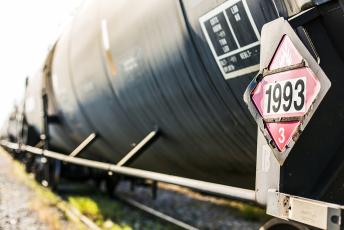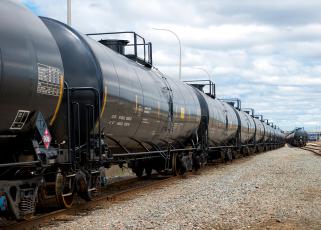WASHINGTON, D.C. — American Fuel & Petrochemical Manufacturers (AFPM) President and CEO Chet Thompson issued the following statement on the impact to customers of continued consolidation among U.S. Class 1 freight railroads:
“AFPM and our members have great concerns about further consolidation of the freight rail industry and its impact on consumers. The universe of Class 1 railroads has already shrunk from nearly 30 carriers in 1980 to just six today. This merger would bring the number down to five. We fear this latest announcement will only compound the service problems refining and petrochemical shippers already face.
“Unfortunately, freight rail consolidation has coincided with higher rail shipping rates, longer shipping times and more infrequent service — all of which impact operations at refineries and petrochemical facilities and inflate the costs of everything that moves by rail. We look to the administration, Congress and the Surface Transportation Board to guarantee and protect a free and competitive U.S. rail system that delivers reliable, affordable and safe transportation of our products.”
Additional background:
- Because of rail consolidation, 78 percent of customers who ship products and feedstocks by rail are only served by a single railroad, making them “captive shippers”.
- In 2019, half of railroad revenue was generated from captive shippers, up from 27% in 2004.
- 90 percent of U.S. rail traffic is controlled by four rail companies.
- Freight rail rates have increased 43 percent since 2004 — compared to an eight percent increase in railroad operating costs.
- Rates for the largest U.S. railroads have jumped more than twice as fast as inflation and rates for long-haul trucking.
- Rail carriers have made abrupt service cuts and imposed rate increases with zero negotiation and effectively no lead time.
The American Fuel & Petrochemical Manufacturers (AFPM) is the leading trade association representing the makers of the fuels that keep us moving, the petrochemicals that are the essential building blocks for modern life, and the midstream companies that get our feedstocks and products where they need to go. We make the products that make life better, safer and more sustainable — we make progress.


